Rajat Madhok currently serves as the Chief of Communication, Advocacy, and Partnerships at the United Natins Children’s Fund (UNICEF) in Nigeria. Following his profound passion for humanity and interest in humanitarian action for children, he has spent over 15 years with UNICEF in diverse contexts, working in countries such as India, South Asia, Afghanistan, Yemen, and Rwanda. In this exclusive interview with PERSECONDNEWS’ AJUMA EDWINA AMEH, he speaks on UNICEF’s advocacy, collaboration with the Nigerian government and stakeholders, and the threat of insecurity in education in Nigeria, among other issues.
Excerpts:
What are the key advocacy priorities for UNICEF in Nigeria, and how do they align with the needs of women and children in the country?
UNICEF’s key advocacy priorities in Nigeria focus on addressing the health, nutrition, education, protection, and water, sanitation, and hygiene (WASH) needs of women and children. These priorities are aligned with the country’s challenges, such as infant mortality rates, malnutrition, poor education outcomes, and gender-based violence.
By advocating for policies and resources that support these critical areas, UNICEF aims to contribute to the improvement and well-being of Nigeria’s most vulnerable populations.
How does UNICEF collaborate with the Nigerian government and other stakeholders to advance its advocacy agenda?
UNICEF collaborates closely with the Nigerian government, civil society organizations, and the private sector to advance its advocacy agenda. This includes policy advice, technical support, and joint initiatives aimed at institutionalizing child rights in governmental plans and budgets. National development agendas prioritize children’s and women’s rights, thanks to these partnerships.
Could you give some examples of successful advocacy campaigns or initiatives that UNICEF has undertaken in Nigeria, as well as how they have influenced positive change?
An example of a successful UNICEF advocacy initiative in Nigeria was the widespread community activation in the “Girls’ Education Project Phase 3 (GEP3)” which was supported by the UK’s Foreign, Commonwealth, and Development Office.
This project rolled out large-scale enrollment drives and created demand for education by working with community partners, like female leaders and youth. Through these and other interventions, such as cash transfers, school grants to improve the safety of infrastructure, and teacher training, GEP3 brought 1.5 million girls into school and improved learning outcomes like literacy and numeracy.
Key to GEP3’s success was its focus on children’s, especially girls’, holistic well-being. By improving school safety, WASH, and menstrual hygiene management alongside access to schools, the programme collectively fostered a more conducive learning environment for children, especially girls.
Children’s education in Nigeria has been under threat since the kidnapping of Chibok girls and other attacks on schools. This has a negative impact on the number of out-of-school children. How is UNICEF collaborating with the Nigerian government to salvage the situation?
To address the ongoing threats to children’s education and learning in Nigeria, UNICEF is collaborating with the Nigerian government to enhance the safety of school environments through the implementation of the Minimum Standards for Safe Schools. The Minimum Standards were developed by the federal government to operationalize the Safe School Declaration and Nigeria’s own National Policy on Safety, Security, and Violence-Free Schools.
UNICEF works with the federal and state governments to provide safety kits, improve school infrastructure, train school staff on disaster risk reduction and child safeguarding; and develop school safety plans. We also strengthen the education system to be more crisis-responsive, including integrating disaster preparedness and safety with sector planning and financing.
These measures aim to ensure that schools remain sanctuaries of learning, reduce the number of out-of-school children, and strengthen the fulfilment of the right to education in a safe setting.
In a complex and diverse country like Nigeria, how do you ensure that communication and advocacy campaigns are culturally sensitive and reach marginalized populations effectively?
In Nigeria, UNICEF ensures that communication and advocacy campaigns are culturally sensitive and reach marginalized populations effectively by engaging a diverse array of local influencers and stakeholders. For instance, we work with traditional leaders, who are custodians of cultures and traditions, as well as gatekeepers in their communities.
We also collaborate with community volunteers and health workers, who are critical to our grassroots mobilization efforts, even in remote areas. We also engage religious leaders who amplify messages related to child welfare and health. Additionally, we work closely with structures that have local spread, to reach diverse populations. These include the National Orientation Agency, the State Social Mobilization Technical Committees, the Ward/Village Development Committees, State and Local Government Area Health Promotion Units, and some vocation-based groups that are active within communities.
These groups collaborate with us to raise awareness and advocate for critical issues like immunization and polio eradication. Specifically, our advocacy campaigns on immunization have benefited from these collaborative efforts.
Similarly, campaigns for birth registration, breastfeeding, health-seeking behaviours, and reducing the number of children out of school have been strengthened by these We ensure that our campaigns resonate deeply within diverse cultural contexts, leading to higher engagement and successful outcomes, by incorporating local languages, customs, and influential community figures into our messaging.
How does UNICEF engage with local communities and grassroots organizations to ensure that its advocacy efforts are effective and inclusive?
UNICEF engages with local communities and grassroots organizations in Nigeria by supporting community-led initiatives and integrating these groups into the planning and implementation phases of projects. This grassroots involvement ensures that advocacy efforts are not only well-received but also tailored to meet the specific needs and cultural nuances of local populations.
In your opinion, what are the most pressing child rights issues in Nigeria that require immediate attention and advocacy efforts?
The most pressing child rights issues in Nigeria currently include the high rates of children who are yet to receive a single dose of vaccine, violence against children and their birth registration, a large number of out-of-school children, and large numbers of children who need better nutrition and have access to water and a clean environment.
To ensure the development and well-being of Nigerian children, immediate advocacy efforts are required to secure better health care, protection from harm, and universal basic education.
What are the main obstacles UNICEF encounters when trying to secure funding for projects in Nigeria, and which particular sectors or areas in Nigeria do you believe most require funding?
One of UNICEF’s key challenges in securing funding for projects in Nigeria is the competition for resources within the international donor community, as there are so many competing priorities around the world.
Funding is most critically needed in the areas of basic health services, education, nutrition, WASH, and child protection.
These sectors require substantial investments to improve the quality of life for children across Nigeria, particularly in regions that are underserved or affected by conflict, where the vulnerabilities are magnified.











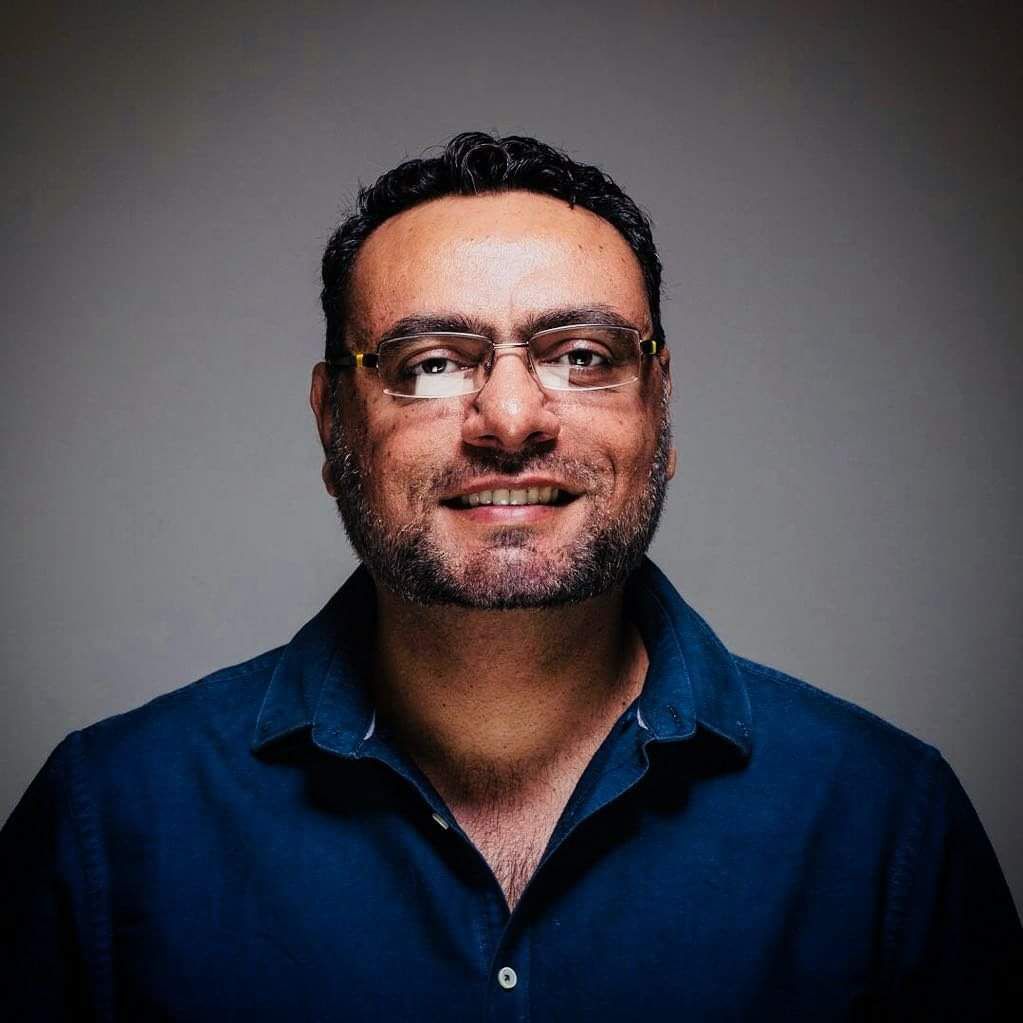


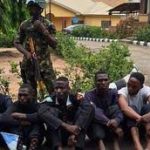




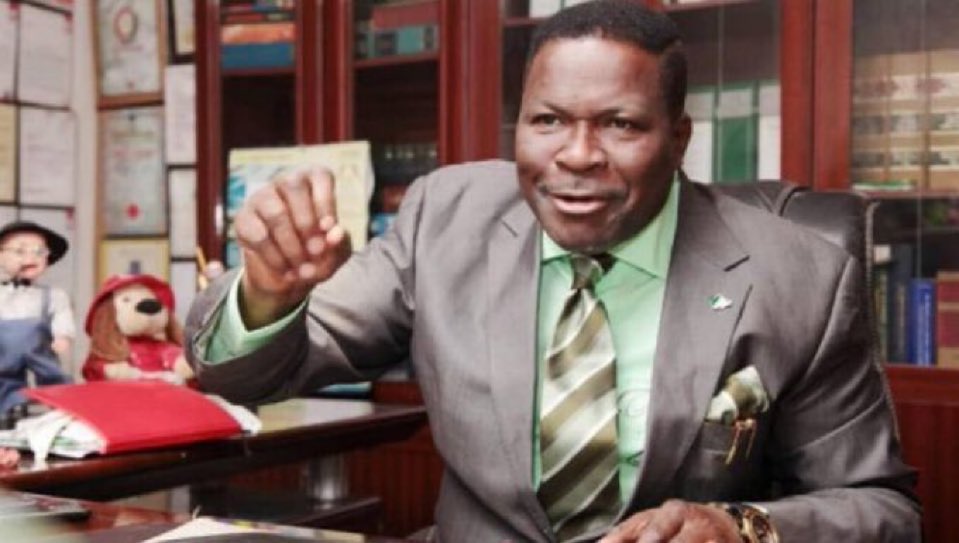
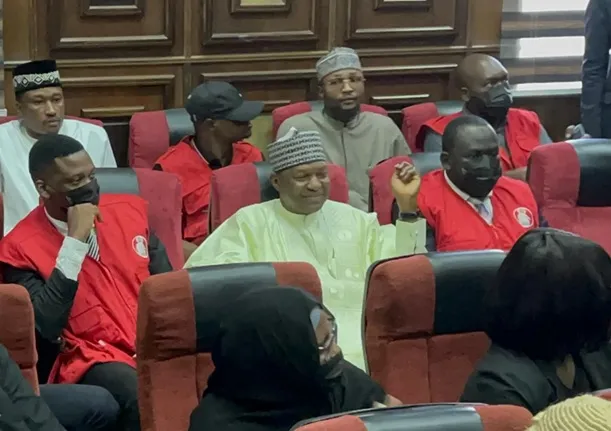
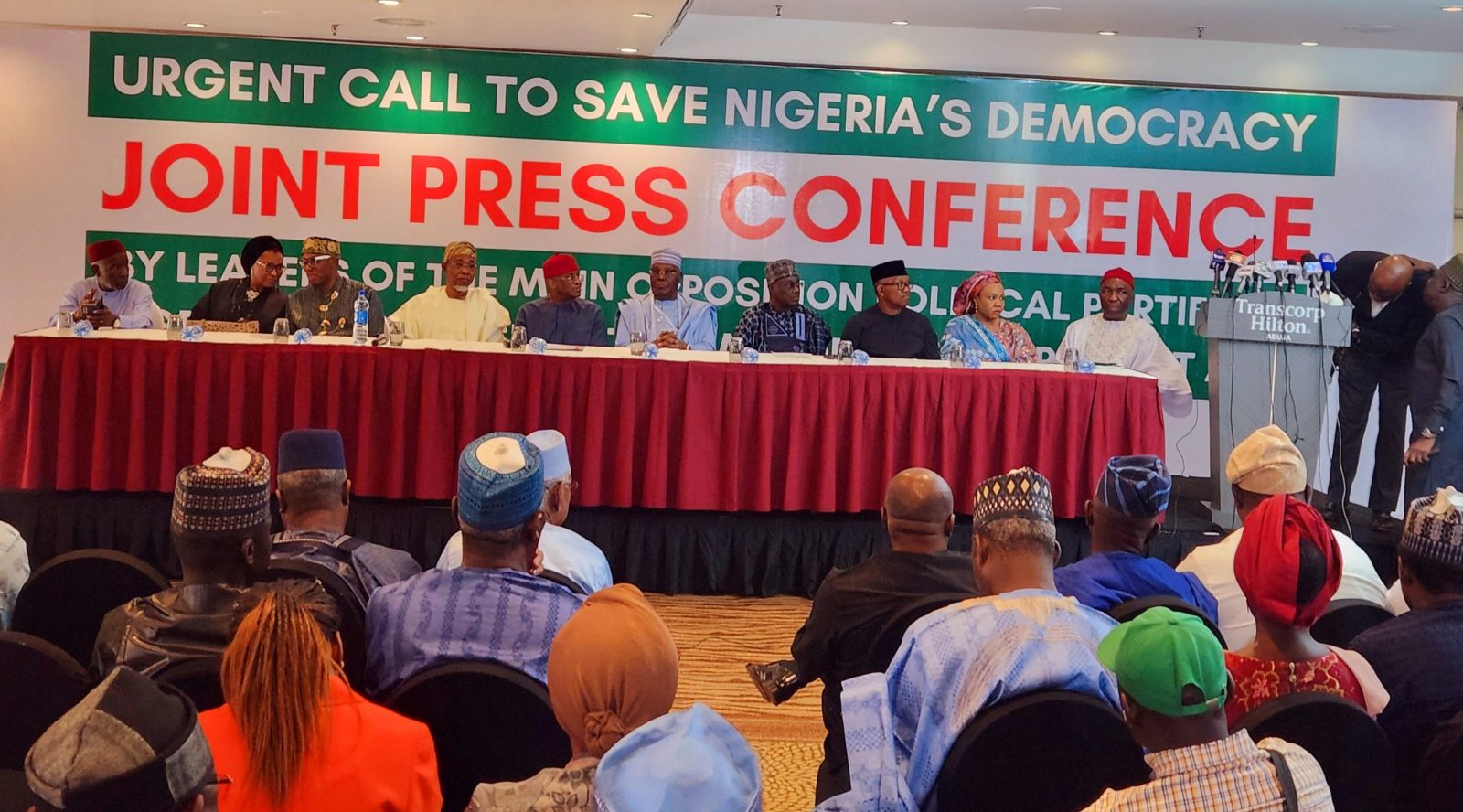
Leave a comment